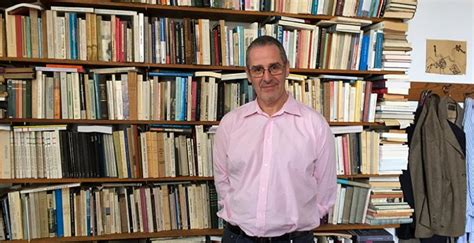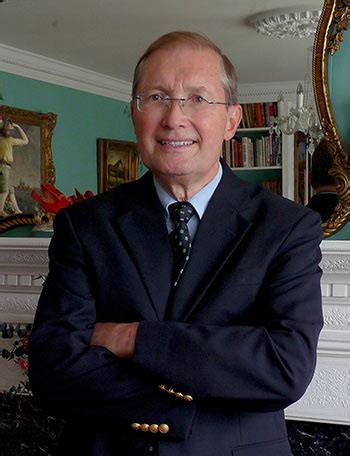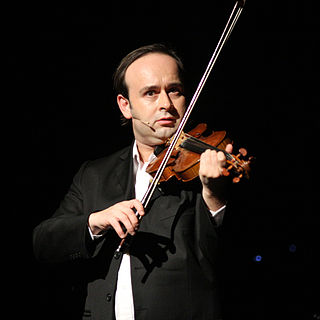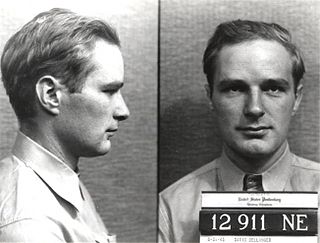A Quote by Ronald Reagan
We're approaching the end of a bloody century plagued by a terrible political invention, totalitarianism. Optimism comes less easily today, not because democracy is less vigorous, but because democracy's enemies have refined their instruments of repression.
Related Quotes
My links with [Mahatma] Gandhi now are very political links because I do not believe there is any other politics available to us in the late twentieth century, a period of a totalitarianism linked with the market. There is really no other way you can do politics and create freedom for people without the kinds of instruments he revived. Civil disobedience is a way to create permanent democracy, perennial democracy, a direct democracy.
Democracy suits Europeans today partly because it is associated with the triumph of capitalism and partly because it involves less commitment or intrusion into their lives than any of the alternatives. Europeans accept democracy because they no longer believe in politics. It is for this reason that we find both high levels of support for democracy in cross-national opinion polls and high rates of political apathy.
Remember, democracy never lasts long. It soon wastes, exhausts, and murders itself. There never was a democracy yet that did not commit suicide. It is in vain to say that democracy is less vain, less proud, less selfish, less ambitious, or less avaricious than aristocracy or monarchy. It is not true, in fact, and nowhere appears in history. Those passions are the same in all men, under all forms of simple government, and when unchecked, produce the same effects of fraud, violence, and cruelty.
Given that the nineteenth century was the century of Socialism, of Liberalism, and of Democracy, it does not necessarily follow that the twentieth century must also be a century of Socialism, Liberalism and Democracy: political doctrines pass, but humanity remains, and it may rather be expected that this will be a century of authority ... a century of Fascism. For if the nineteenth century was a century of individualism it may be expected that this will be the century of collectivism and hence the century of the State.
The sceptic ultimately undermines democracy (1) because he can see no significance in death and such things of a literal equality; (2) because he introduces different first principles, making debate impossible: and debate is the life of democracy; (3) because the fading of the images of sacred persons leaves a man too prone to be a respecter of earthly persons; (4) because there will be more, not less, respect for human rights if they can be treated as divine rights.
Instruments are a phenomenal investment, especially violins and violas and celli, because the value really doesn't go down, and it just rises up at incredible speed and has done, and I believe will continue to do so, because these rare instruments are not getting more. They are getting less and less through the years.
These strengths, and our civilization in general, have reached an apogee with the end of the apocalyptic threats of the Cold War and the end - or at least waning - of less successful, and ultimately less "just," political and economic systems. At the turn of the 21st century we appear to be entering our greatest century, a golden age. The challenge that we face is similar to that of the Classic Maya civilization: we have set in motion a "runaway train" of success.
Because they don't teach the truth about the world, schools have to rely on beating students over the head with propaganda about democracy. If schools were, in reality, democratic, there would be no need to bombard students with platitudes about democracy. They would simply act and behave democratically, and we know this does not happen. The more there is a need to talk about the ideals of democracy, the less democratic the system usually is.

































